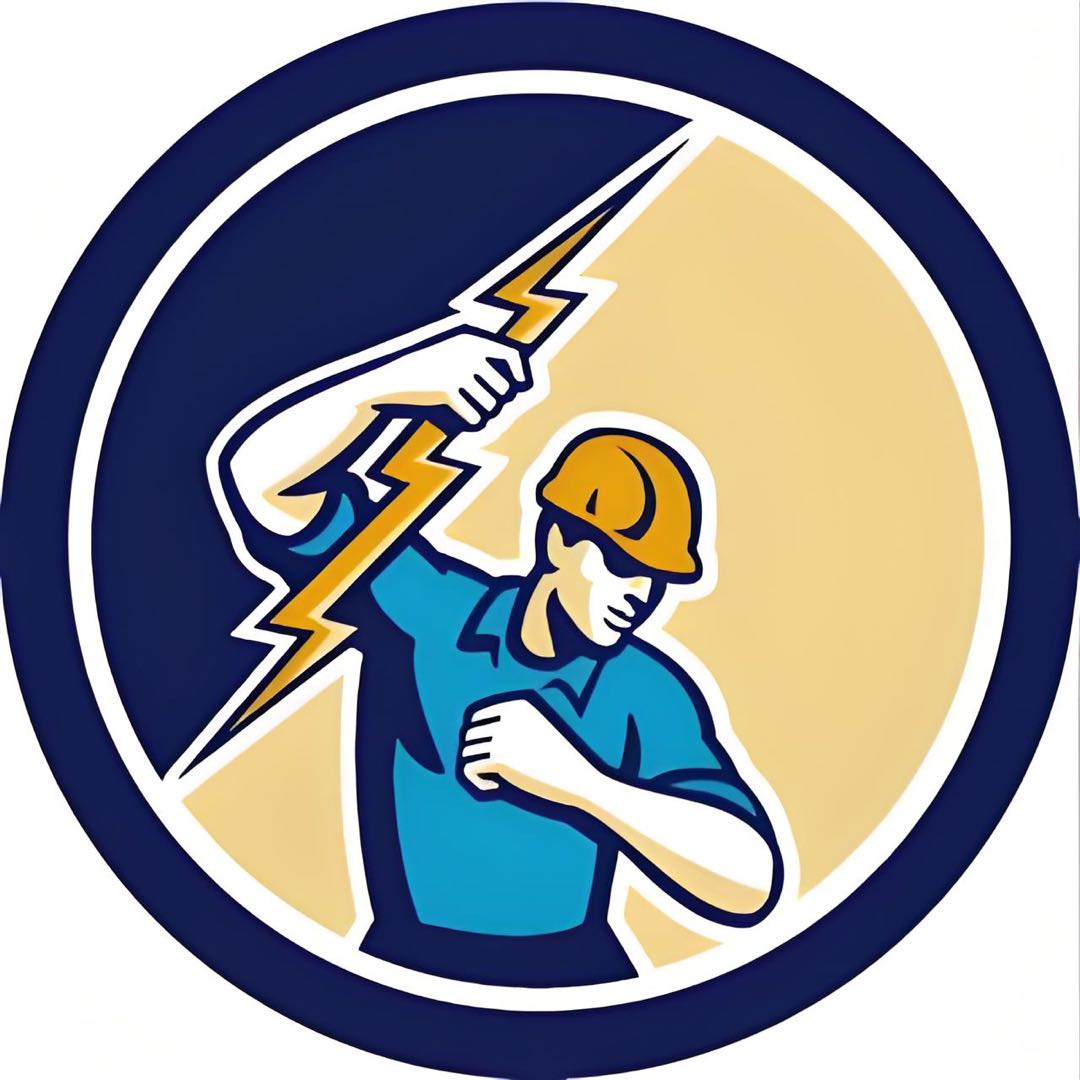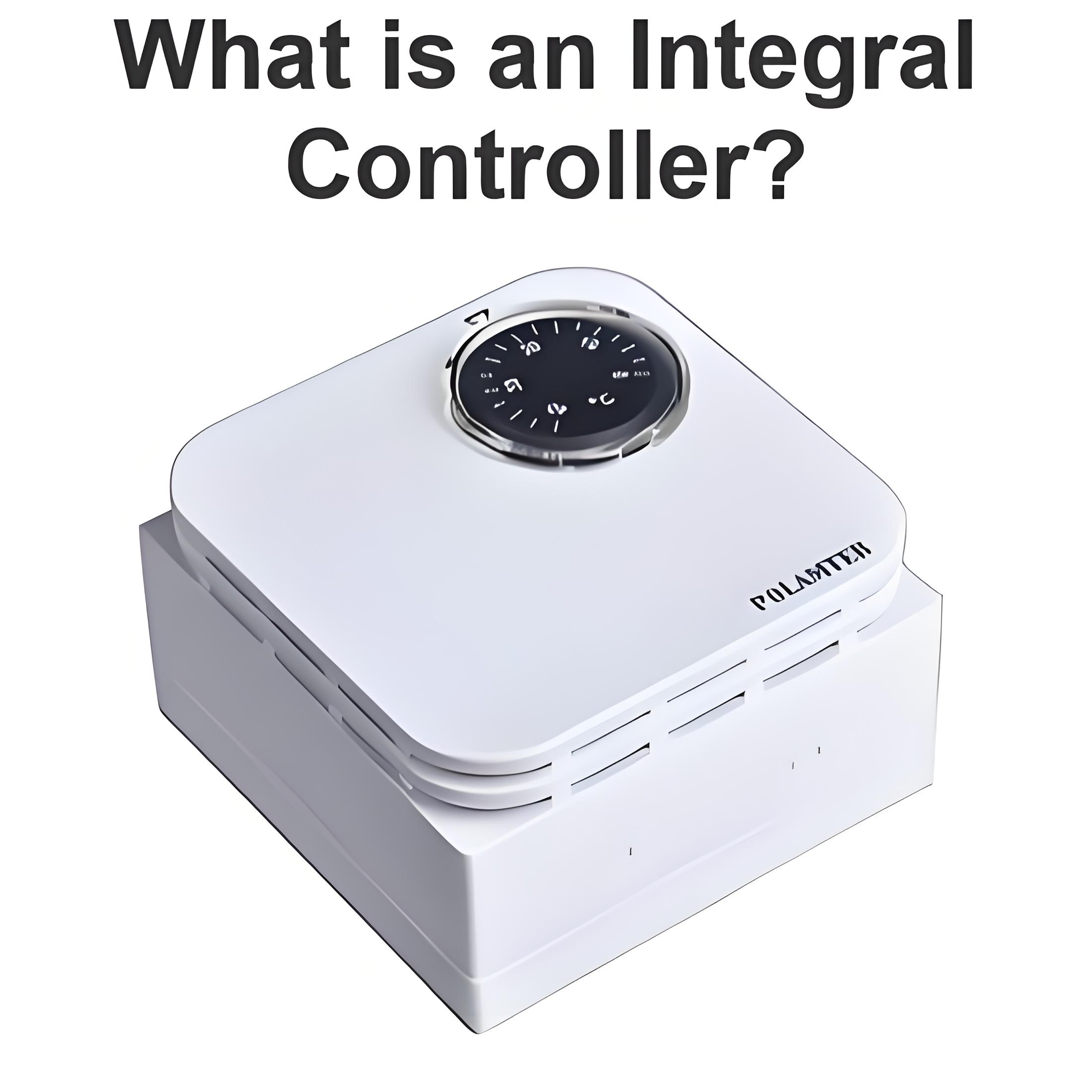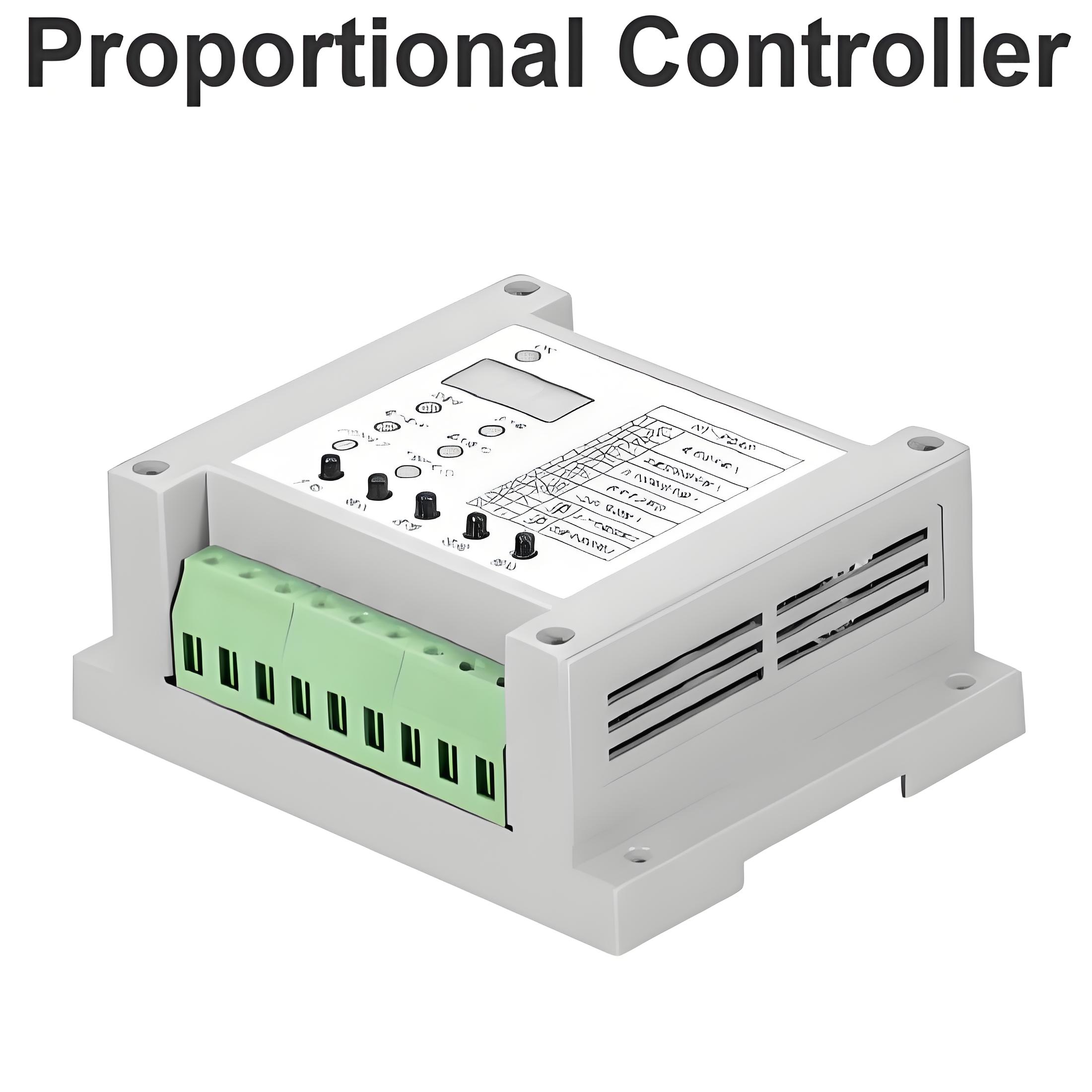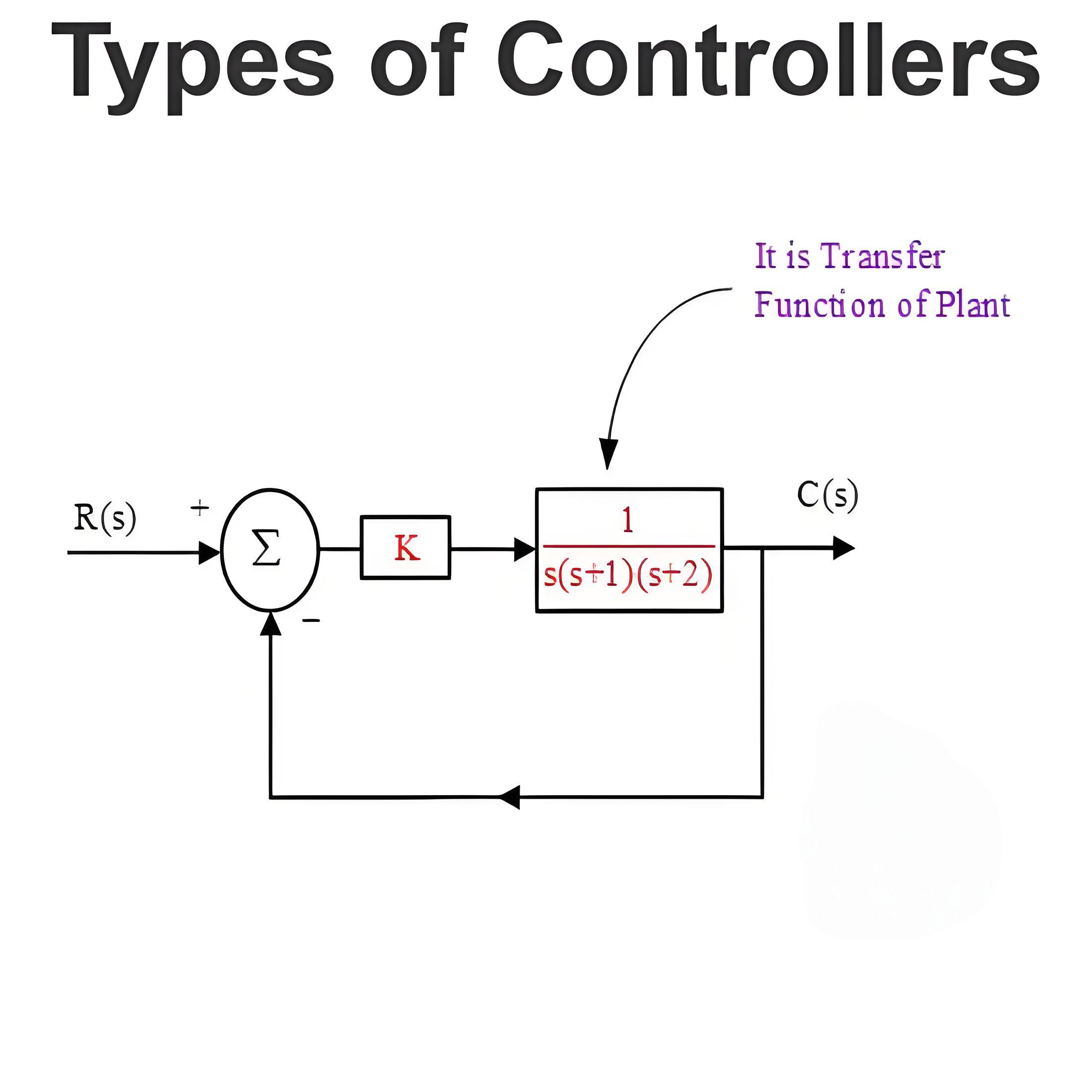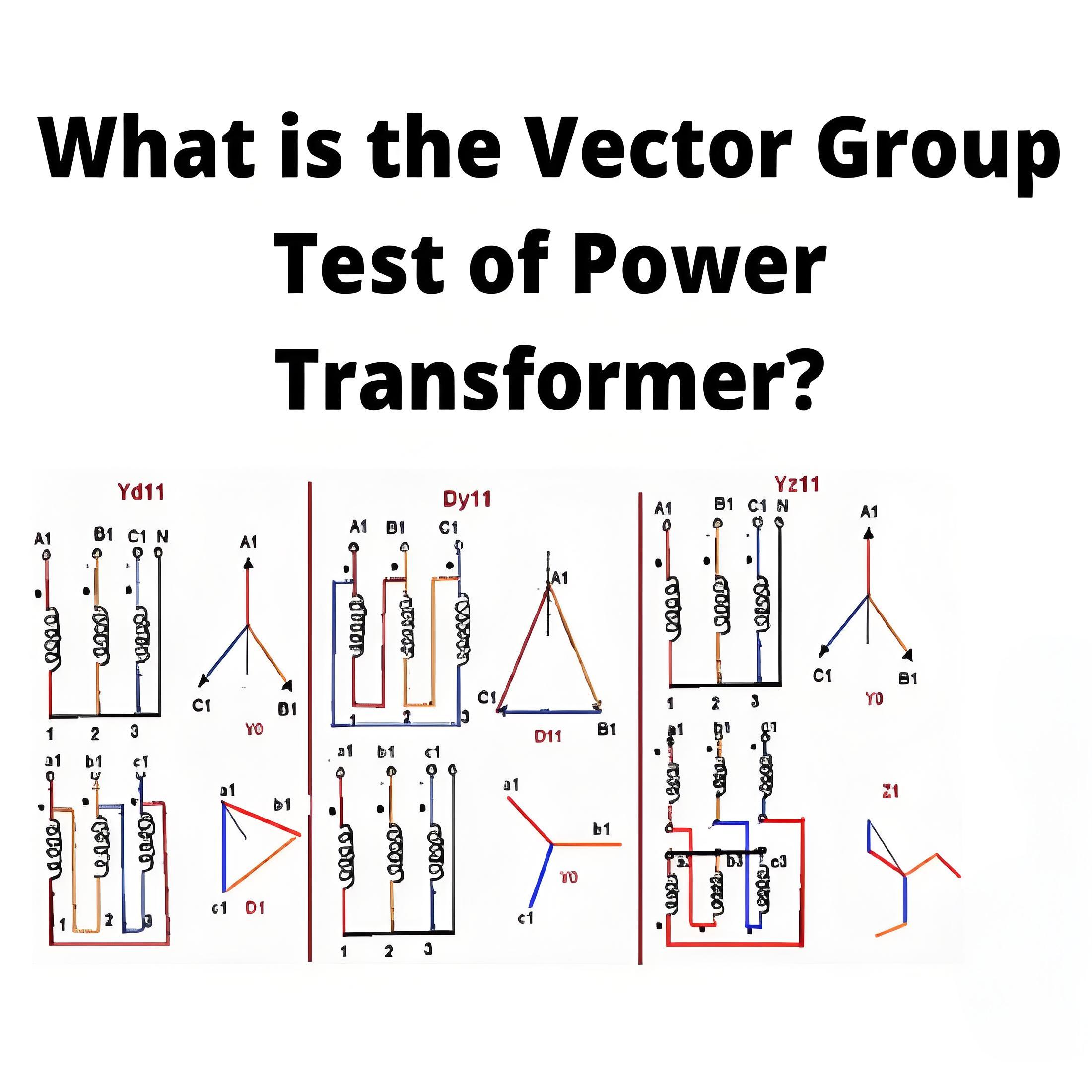What is an Electric Water Heater ?
What is an Electric Water Heater ?
Electric Water Heater Definition
An electric water heater is defined as a device that uses electricity to heat water for domestic or commercial purposes.
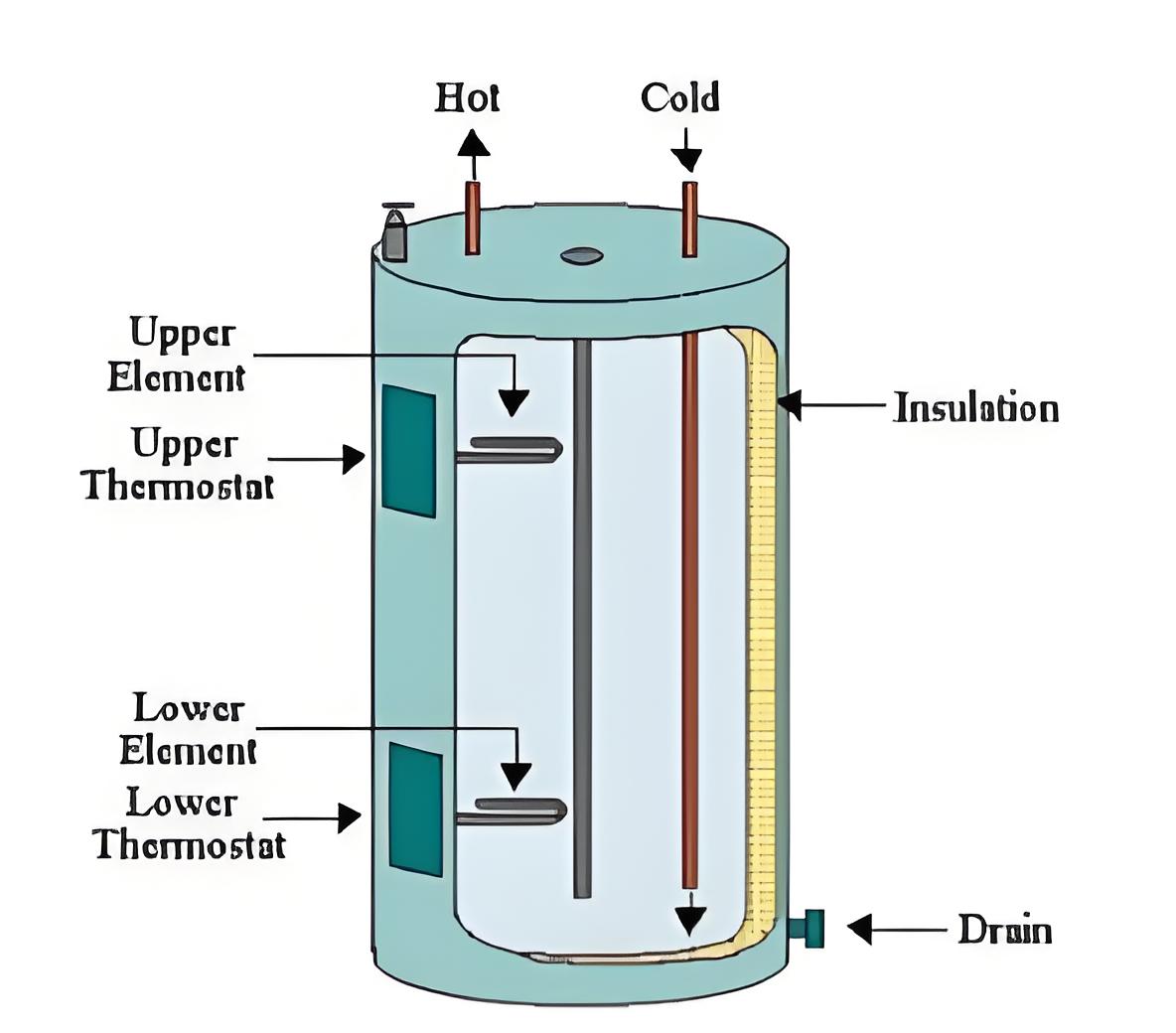
Types of Electric Water Heaters
Normal plate heaters
Immersion heaters
Geyser heaters
Normal Plate Heater Working Principle
A normal plate heater uses two nickel plates to heat water through electric current, ideal for small amounts of water.
Advantages of normal plate heaters
They are easy to use and portable.
They are cheap and widely available
They can heat water quickly.
Disadvantages of normal plate heaters
They can be hazardous, causing electric shocks or fires if not used correctly.
They can only heat a small amount of water at a time.
They can damage the containers or surfaces that they touch.
Immersion Heater Working Principle
An immersion heater has a copper heating element immersed in water, making it efficient for heating large quantities of water.
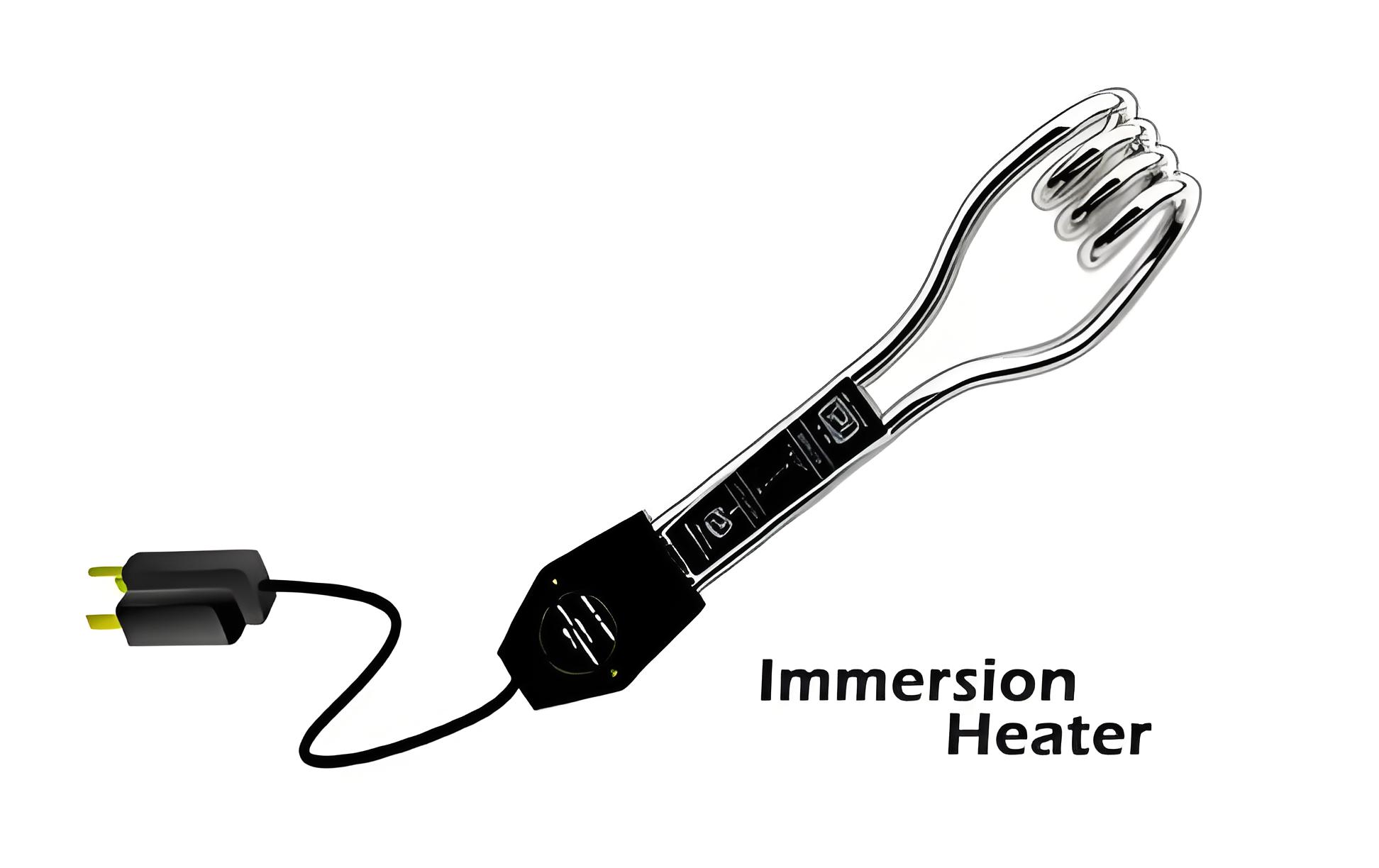
Advantages of immersion heaters
They can heat large amounts of water in containers or tanks.
They can be used for different purposes, such as bathing, washing, cooking, etc.
They have a thermostat switch that automatically turns off the heater when the desired temperature is reached.
Disadvantages of immersion heaters
They are more expensive and less durable than normal plate heaters.
They can cause electric shocks or burns if not handled carefully.
They can corrode or leak over time due to hard water or poor-quality materials.
Geyser Heater Working Principle
A geyser heater (or storage water heater) has a tank and heating elements that automatically control the water temperature.
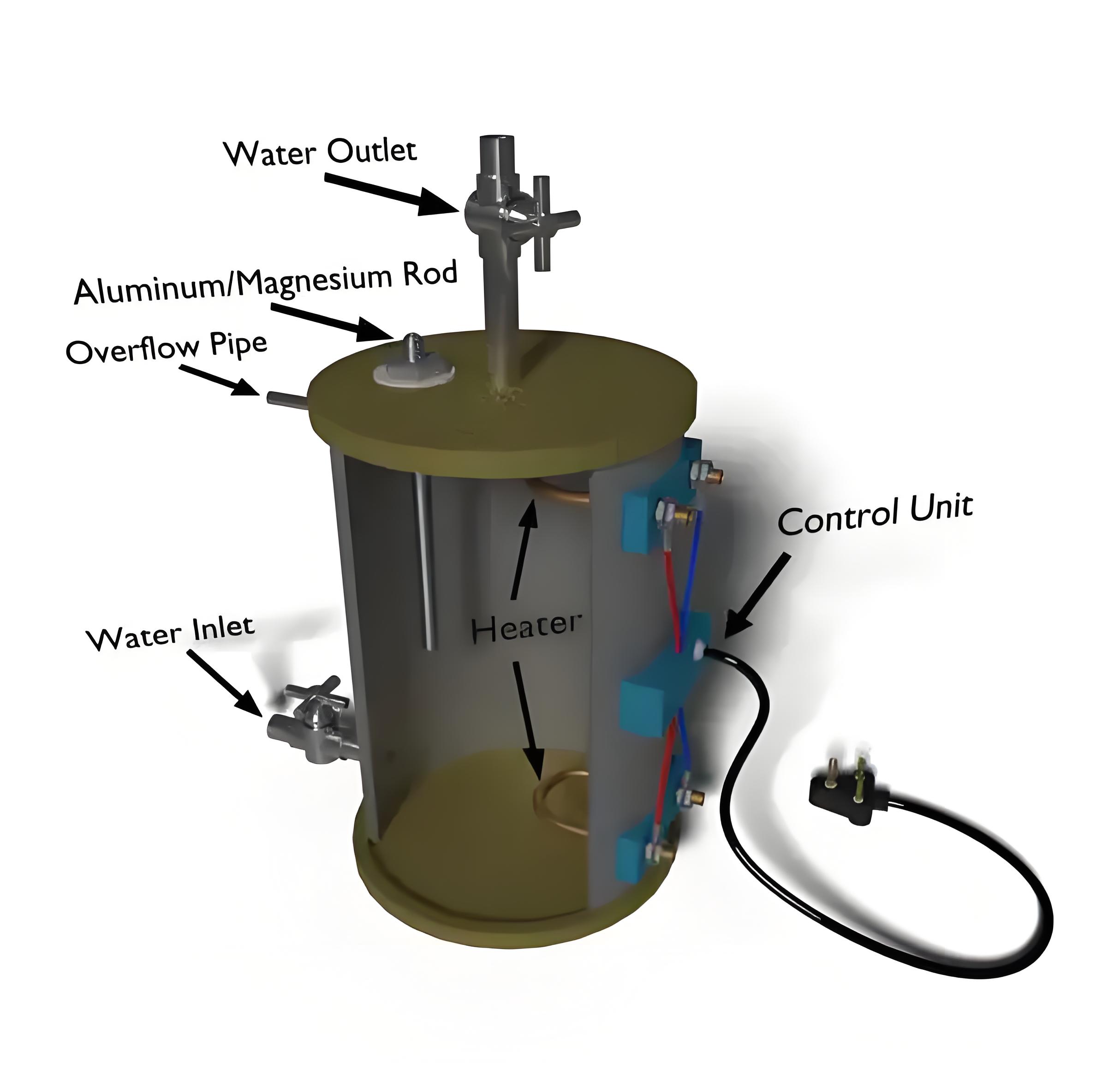
Advantages of geyser heaters
They can provide hot water continuously and instantly without waiting for heating.
They can be installed on walls or floors according to convenience and space availability.
They have an insulated body that prevents heat loss and saves energy.
Disadvantages of geyser heaters
They are more costly and complex than normal plate heaters or immersion heaters.
They require regular maintenance and cleaning to prevent scaling or rusting.
They can pose a risk of scalding or bursting if not used properly.
Welcome to our electricity community! Established to facilitate the exchange and cooperation in the electricity industry and bridge professionals, enthusiasts, and related enterprises.

